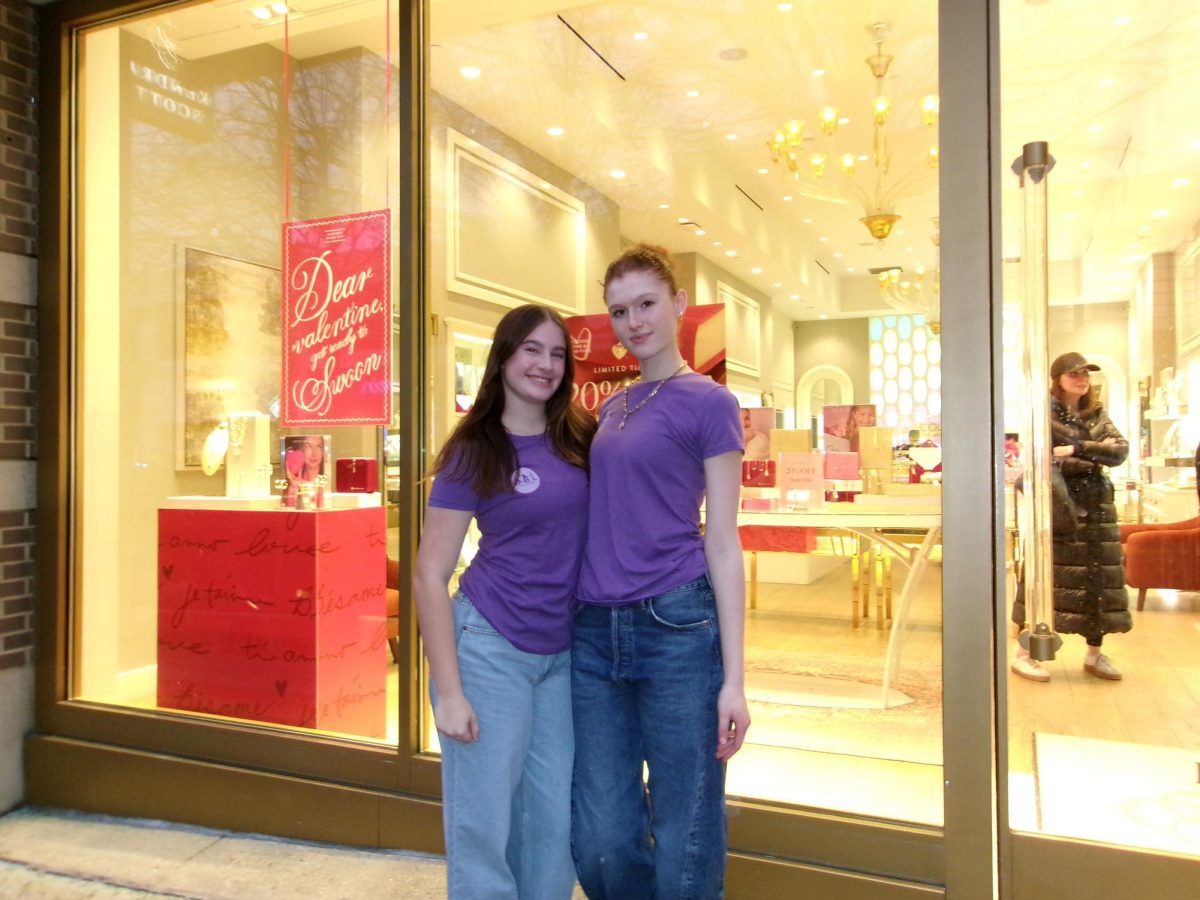It’s 8 p.m. on Monday night and Gossip Girl is about to start. You turn on the TV and, for the next hour, are ready to get lost in the scandalous lives of your favorite Upper East Siders.
This over-the-top show is centered around something that has become as much a part of high school as math class: gossip.
Social researchers estimate that two-thirds of all conversation is devoted to gossiping with the average person spending about six months of her life gossiping. But what makes people do it?
“There are many biological reward systems and neurotransmitters that respond to pleasure,” said Lindsey M. West, a clinical Psychology student at the University of Massachusetts, Boston. “These systems may be activated by gossiping.”
According to the Oxford-based Social Issues Research Council (SIRC), gossiping releases endorphins, which are chemicals emitted by the brain, to create a feeling of extreme happiness.
Despite the fact that gossiping has not been scientifically proven to be addictive, most people who gossip do it more and more often.
“Some people are always gossiping,” sophomore Alyssa Ranck said. “It’s like they never stop.”
Although the urge to gossip has been proven to come from chemical forces in the body, human nature does come into play.
According to an article on PBS.org, people gossip to feel superior, or part of the group, for attention, or control and out of jealousy or boredom.
“People gossip to make themselves feel better because they know that someone else is worse off than themselves,” Ranck said. “Some people also gossip when they are bored or if they have nothing else to talk about with their friends.”
Common beliefs about gossip tend to place blame on jealousy and cowardice, but some scientists say that gossiping is an innate human habit. Could it be possible that gossip is natural?
According to an article on DailyMail.co.uk, an online news website, scientists have compared human gossiping to social grooming, which is a common activity that bonds apes and monkeys. Humans have an innate need to bond with each other, and gossiping is a way in which that can be achieved.
“Evolutionary psychologists would suggest that it is our human nature to speak and build mutual acquaintances for survival purposes and to fulfill our competitive drives,” West said.
According to SIRC, gossiping is a primitive need that dates back to ancient times and gives people a natural high. They say that gossip can be considered essential for our social, physical and psychological well-being.
So the next time you are thinking of turning to the person next to you to whisper the latest bit of juicy gossip, consider that what you are about to do may have more to do with your brain than your jealous habits.







